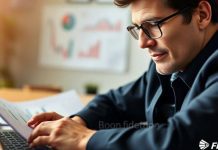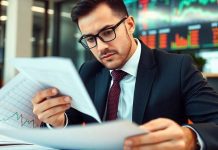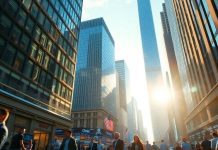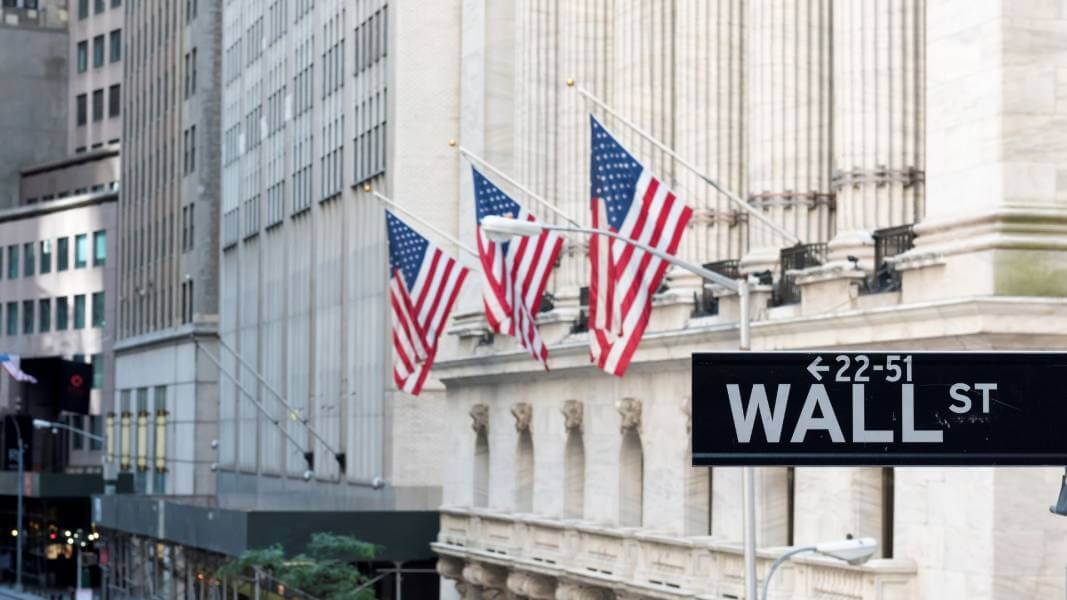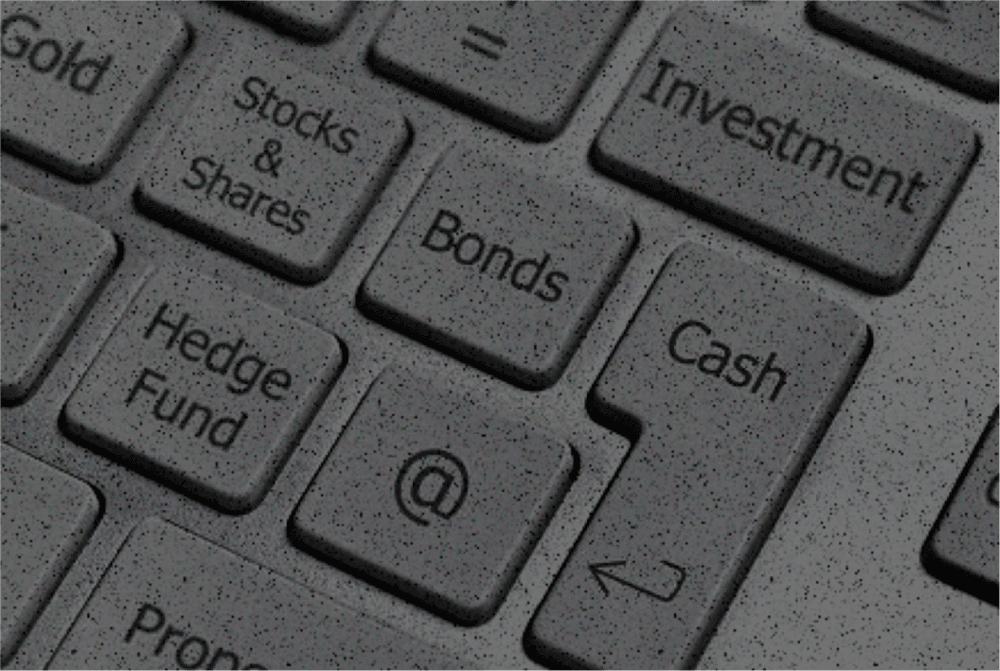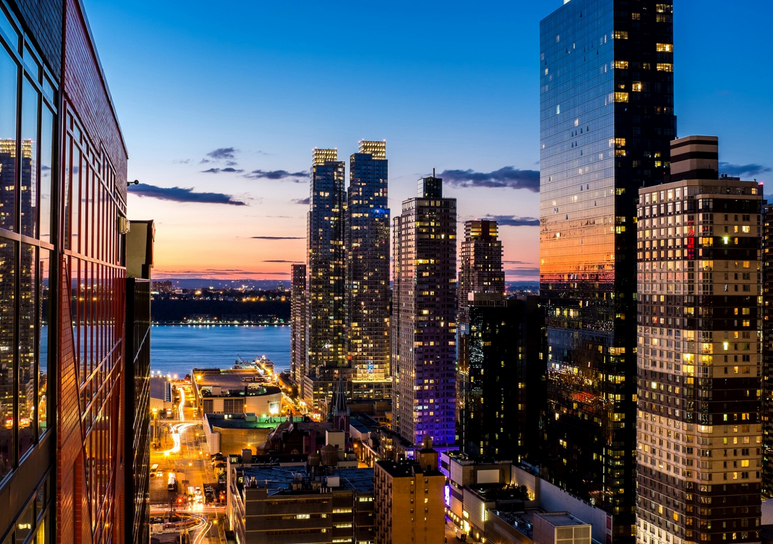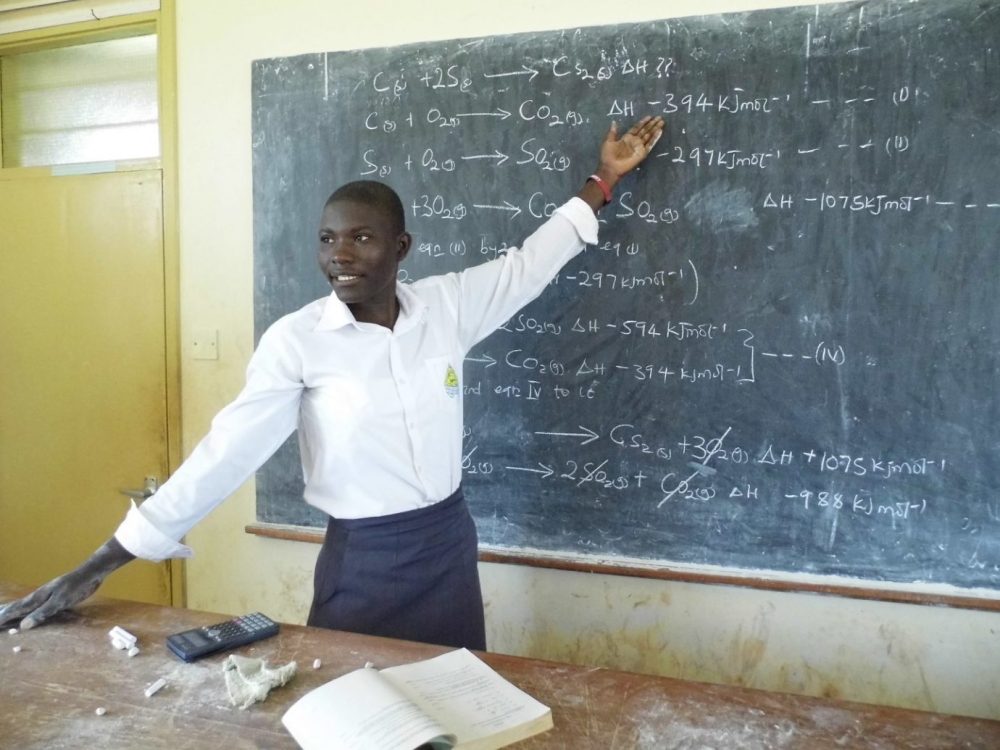Covid was the ‘earthquake,’ but investors now need to prepare themselves for the growing ‘aftershocks’, warns the founder and CEO of one of the world’s largest independent financial advisory, asset management and fintech organizations.
The warning from deVere Group’s Nigel Green comes as concerns mount over the economic slowdown in China, global inflationary pressures and turbulence in emerging markets.
Mr Green observes: “Covid was like a monumental earthquake that shook the world economy to its foundations – and like major earthquakes, there are potentially highly damaging aftershocks.
“For many, life is almost back to normal, but investors need to be aware of the ongoing multiple investment headwinds that have come about as a direct result of the pandemic.
“It’s our belief that there are three main causes for growing concern that could hit investors’ returns.
“First, there’s an increasing consensus that China’s economy – the world’s second-largest – is likely to slow faster than many analysts had previously anticipated.
“Growth could slump below 5% as a perfect storm is brewing with Beijing moving to reduce its dependence on real estate, to increase regulation in a range of key sectors from education to technology, plus they’re dealing with a serious energy crisis and the lingering impact of the pandemic.
“China’s slowdown will have serious and far-reaching effects for economic growth across the world.
“Second, the risk of inflation moving from ‘transitory’ to ‘permanent.’ If high prices for commodities and supply chain disruptions continue in 2022, which many are assuming they will, the global economy may face the risk of rising persistent inflation.
“This will mean that interest rates rise higher and faster than the markets expect, which could trigger ongoing global stagflation.
“And third, as this rising inflation threat has increased the pressure on central banks to ease their stimulus programmes earlier than anticipated, is likely to create turbulence in emerging markets.”
With many Covid-triggered headwinds picking up pace, how can investors prepare to mitigate the effects and seize the inevitable opportunities that arise from volatility?
“Despite these aftershocks, which would normally drive investors to increase their exposure to fixed-income, it’s almost universally agreed that stocks will continue to outperform bonds. There’s no real alternative,” says Nigel Green.
“Given the mounting upheaval, investors should stay in the market but should review their portfolios to ensure that they are properly diversified across asset class, sectors, regions and currencies. This will best position them to get the best outcomes.”
He concludes: “The increasing worry about the aftershocks to the global economy will continue in the near term. What will savvy investors do? Judiciously buy more stocks.”
HedgeThink.com is the fund industry’s leading news, research and analysis source for individual and institutional accredited investors and professionals








